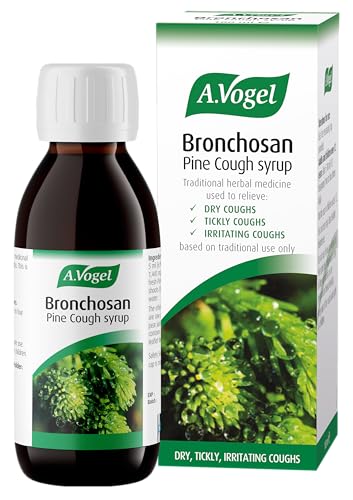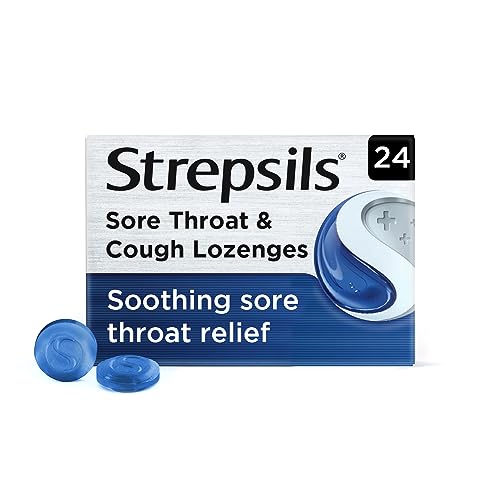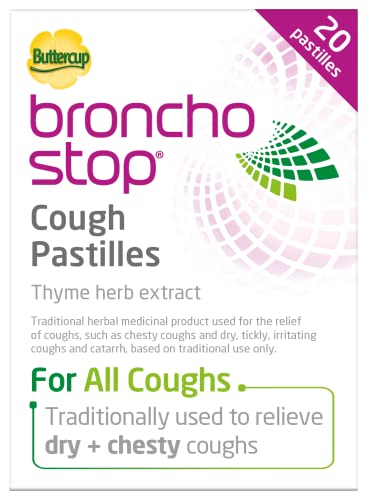Understanding Dry Cough: Symptoms and Causes
Recognising a Dry Cough
A dry cough is essentially a tickle in the throat that results in coughing but doesn’t produce any phlegm or mucus. You might find it uncomfortable, and it can disrupt your daily activities or sleep. It often accompanies conditions like allergies, dry air, or irritants in the environment. People might not realise that a dry cough could indicate underlying issues such as asthma or post-nasal drip, where mucus runs down the back of your throat prompting irritation.
Common Triggers of Dry Cough
Various factors can contribute to the onset of a dry cough. Seasonal changes often bring about allergies, while cold weather can lead to dry indoor air that irritates our throats. Smoking or exposure to second-hand smoke is another common trigger. Other irritants may include strong perfumes or chemical fumes. Identifying your specific trigger is the first step towards addressing your dry cough effectively.
Exploring Effective Remedies: From Natural to Over-the-Counter
Natural Remedies for Dry Cough
Many individuals turn to natural remedies to alleviate a dry cough. Honey is a popular choice; simply take a spoonful, or mix it with warm water or herbal tea. Honey not only soothes your throat but also has antibacterial properties. Another natural method is to use steam inhalation. Boiling water and inhaling the steam can help moisten your throat and ease irritation, making it an easy remedy to employ at home.
Over-the-Counter Options
When natural remedies aren’t providing enough relief, over-the-counter medications can be very effective. Look for cough suppressants that specifically state they target dry coughs. Ingredients like dextromethorphan are well-regarded for providing temporary relief. Additionally, throat lozenges with menthol can also be soothing and help suppress the urge to cough.
DIY Solutions for Immediate Relief at Home
Creating a Comforting Atmosphere
Setting up a humidifier can significantly ease a dry cough. Keeping the air moist helps soothe the throat and reduces irritation from dry air. If you don’t have a humidifier, a pot of water on the stove can serve as a makeshift steamer. Just be cautious not to get too close to the heat!
Herbal Infusions for Soothing Relief
A simple DIY infusion can also help. Consider steeping a mixture of ginger and lemon in hot water, then adding honey. Not only does this drink provide hydration, but the ginger acts as an anti-inflammatory, and lemon offers vitamin C, helping to fortify your immune system.
Choosing the Right Product: Key Ingredients to Look For
Understanding Active Ingredients
Not all cough syrups are created equal. When selecting a product, key active ingredients to consider include dextromethorphan, which suppresses the cough reflex, and guaifenesin, which loosens mucus thereby aiding in productive coughing. If you’re dealing with inflammation, look for products that include ingredients such as menthol or eucalyptus, as they can provide a cooling effect that alleviates throat discomfort.
Checking for Additives and Sugar
While choosing a cough remedy, we should also examine the label for unnecessary additives. Many cough syrups contain sugars or artificial flavours, which could irritate your throat further. Opt for sugar-free options or formulations with natural ingredients, ensuring they align with your preferences and dietary needs.
Tips for Sustaining Cough Relief and Promoting Throat Health
Maintaining Hydration
One of the simplest yet often overlooked ways to promote throat health is by staying hydrated. Drinking plenty of water throughout the day keeps your throat moist and can prevent your cough from worsening. Herbal teas can also be soothing, especially if they contain ingredients like chamomile or peppermint that have natural calming effects.
Developing a Throat Soothing Routine
Incorporating throat-soothing practices into your daily routine can make a difference. Consider gargling with warm salt water, which can reduce inflammation and discomfort. Moreover, regulating indoor humidity and avoiding irritants can create a more throat-friendly environment. By establishing these habits, we can provide our throats with the care they need to stay healthy and resilient.




















